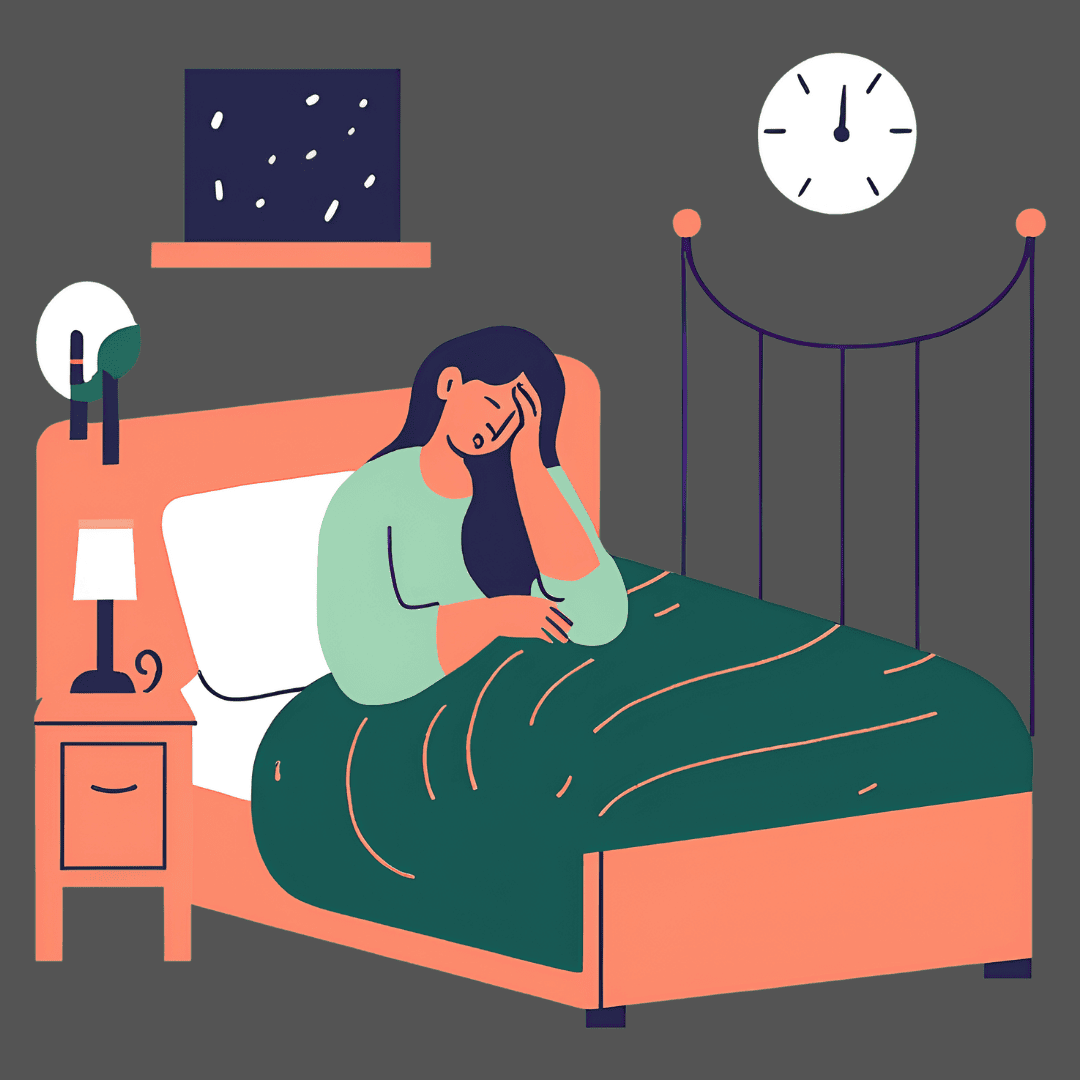
Negative Thought Patterns: Magnification and Minimization
Magnification and minimization are negative, unhealthy thought patterns where an individual magnifies or exaggerates the negative aspects of their life while minimizing their own accomplishments, abilities, or positive experiences. When these type of thoughts occur frequently, it can lead to feelings of depression, anxiety, panic, and more.
Definition of magnification and minimization:
Magnification and minimization is known as a cognitive distortion which is an unhealthy and irrational thought pattern. When an individual engages in magnification and minimization thought patterns, one of two things happen:
Magnification: The importance of insignificant or normal parts of life is exaggerated or blown out of proportion. This may lead us down a downward spiral of anxiety, stress, and panic if we blow out of proportion events that we face in our lives.
Minimization: The importance of a significant event such as a personal achievement is lessened. This may lead us to minimize our own accomplishments or abilities and not have the self-esteem that we should have. Conversely, minimization can also occur when someone or something truly hurts us or affects us and we just brush it off and minimize it.
In other words, a person’s problems are blown out of proportion while the truly consequential and significant aspects of their lives are ignored or minimized.
What magnification and minimization sound like:
This is what magnification and minimization sounds like in our heads if we allow these negative thoughts into our minds:
Magnification:
“If I don’t get this job, I will have a huge hole in my resume. I will not look employable to other companies. I will never get a good job again.”
“If I don’t get the best grade on this exam, I will never get into the right colleges. I will be a total failure.”
“If my partner leaves me, I will be completely helpless and unlovable. I will never be happy again.”
These events such as not getting a job, or not doing well on a exam, or a relationship breaking apart – while difficult indeed – do not necessarily spell out doom and disaster for the rest of your life.
Minimization:
“My friend didn’t really mean those hurtful words. I am just overreacting. It was not a big deal.”
“My significant other who hit me was just angry and having a bad day. It’s not a big deal, this happens to everyone.”
If someone is hurting you, it is important to recognize and address it. If someone compliments you for a job well done, it is healthy to feel proud of your accomplishments. Do not minimize your needs and accomplishments!
How to break out of magnification and minimization
Magnification and minimization are associated with anxiety, depression, and panic disorders. It is important to try and recognize when it happens. Here are some tools recommended to help combat these negative thoughts:
Recognize when this pattern occurs:
The first step to dealing with magnification and minimization is to recognize when it happens. When you find yourself in a downward spiral of negative thoughts, you need to stop and reassess the situation. If you have a habit of not accepting compliments or not standing up or advocating for yourself, it is time to stop and reassess whether you are minimizing your accomplishments and your needs.
Journal and write down negative thoughts:
When experiencing negative thoughts and emotions on a frequent basis, it can be a helpful tool to journal. Sometimes it helps to simply write down a negative thought and how it makes you feel. The next step is to think about whether it is actually true or if there is evidence for it. This can help for both magnification and minimization. If you are magnifying a problem, try and look for evidence to confirm if it truly is a problem or maybe just an inconvenience or a setback. If you are minimizing a problem but you have a gnawing feeling inside or you are hurt, it is important to recognize your feelings and address it.
Speak to a trusted friend or judgment-free person:
Find a person you can speak to who will not judge you for having these negative thoughts, such as a therapist or counselor. Therapists also may employ cognitive behavioral therapy to help you identify any incorrect thinking patterns and help you work through them.
Magnification and minimization and how it can sabotage our spiritual life
By magnifying the troubles and obstacles we face, we also minimize our faith in God and His love for us. Many Christians make the mistake of focusing only on the troubles in our lives, which keeps us separated from God and not trusting in Him.
Perhaps we are suffering from depression or anxiety, and we are having a hard time healing. We may magnify this problem and think to ourselves thoughts such as, “God must not want me to be healed” or “I will never be healed and I will die of depression.”
We need to remember that Satan uses disease and suffering to keep us separated from God. Even when we are having the most difficult of times, we must keep the faith and remember God is close to us. We have access to Him through prayer, scripture, and worship. We should not minimize God’s love for us or the power that He has over Satan.
Two verses that can help us rejoice in the Good:
John 7:24: “Stop judging by mere appearances but instead judge correctly.“
This verse reminds us that our thoughts and our vision are not perfect instruments in interpreting the world around us. It is like using a pair of spectacles with a perpetually incorrect prescription. Spiritually I will not have 20/20 vision unless we see things through the lens of the Gospel.
So we should ask ourselves: how would God see this situation? When we find ourselves amplifying the bad in our lives, we could find solace in the fact that God is watching over us and has a plan for us. If we find ourselves downplaying our gifts, we could do well to remember that God has gifted us and made us in His own image.
2 Corinthians 4:17-18: Our light and momentary troubles are achieving for us an eternal glory that far outweighs them all. So we fix our eyes not on what is seen, but on what is unseen, since what is seen is temporary, but what is unseen is eternal.”
God is not expecting us to ignore our problems. He cares about them too. He just wants us to see the bigger picture. If Jesus is the Christ that took care of our sins and guaranteed our salvation, wouldn’t Christ also be the solution to any of our earthly troubles? This verse encourages us to fix our eyes on not what is seen but on what is eternal: God’s love for us and His promise of eternal life.
Enjoyed our blogpost? Subscribe to our newsletter for more resources on mental health and integrating the Gospel message in your healing journey.
If you found our resources useful, please consider donating to Oak Health Foundation, which is a 501(3)c nonprofit dedicated to providing resources regarding holistic mental healthcare and subsidized treatment for those in need.




